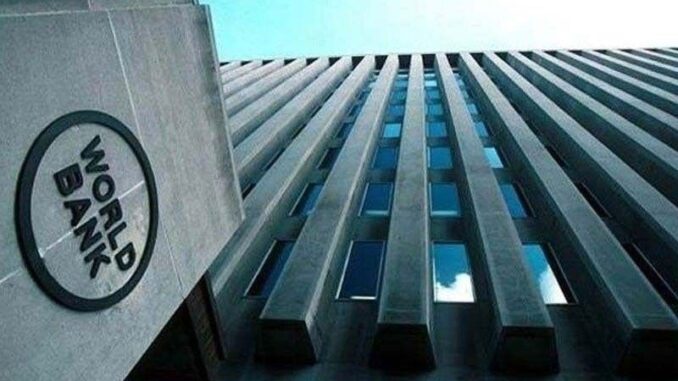
MANILA, Philippines — The World Bank has approved a $287.24-million loan for a project aimed at improving broadband connectivity while strengthening cybersecurity in the country.
In a statement yesterday, the multilateral lender said its board of executive directors approved the funding for the Philippines Digital Infrastructure Project on Oct. 10.
The project, which is expected to benefit over 20 million Filipinos through the improved delivery of broadband connectivity services in the country, was approved by the National Economic and Development Authority Board last June.
It will involve investments in the government’s national fiber optic backbone, middle-mile and last-mile connectivity infrastructure, while making sure facilities are protected from cybersecurity threats and climate risks.
The national fiber optic backbone interconnecting different regions of the country serves as the principal data highway for intra-country communications, carrying large amounts of data at high speeds.
The project will complete the remaining parts of the national fiber backbone, linking main international landing stations in Baler (Luzon) and Davao City (Mindanao).
By investing in “middle-mile” infrastructure, the project will extend connectivity from the main backbone to more underserved areas in Western Visayas, Central Visayas, Eastern Visayas, Zamboanga Peninsula, Northern Mindanao, Davao Region, Soccksargen and Caraga.
Investments in the “last-mile” infrastructure, or those connecting to end-users, will advance efforts to bring coverage in underserved areas.
“A robust broadband connectivity infrastructure is not just a technological necessity; it’s an essential cornerstone for the Philippines to boost growth and attain its goal of becoming an upper middle-income country in the next couple of years,” Manuela Ferro, vice president for East Asia and the Pacific at the World Bank said.
“Bringing greater internet access to the grassroots can bridge the digital divide, empower communities and unlock the full potential of the digital economy,” she said further.
At present, delivery of internet services in the country is concentrated in areas deemed to have strong commercial viability by the private sector.
As such, almost half or 45.5 percent of all barangays in the country are currently not served by a private telecommunications service provider.
World Bank country director for the Philippines, Malaysia and Brunei Darussalam Zafer Mustafao?lu said improved internet access will help Filipinos, especially those in remote areas of Mindanao in terms of access to better education, healthcare, social protection and government services.
“This project fosters a brighter future for lagging regions by connecting everyone and ensuring that the poorest and most vulnerable Filipinos can benefit from the power of technology,” he said.
To ensure the resilience of these investments, the infrastructure design has factored in climate data, risks and resilience measures, including use of climate-resilient materials and conduit systems for underground cables, as well as innovative engineering solutions to adapt to climate-related risks.
To shield the country’s broadband network from cybersecurity threats, advanced intrusion detection and prevention systems will be deployed and next-generation firewalls will be put in place.
Additional measures planned include multi-factor authentication for broadband infrastructure access, comprehensive encryption protocols, regular updates to address Wi-Fi vulnerabilities, and provisions against the dual vulnerabilities of natural disasters and cyberthreats.


Be the first to comment